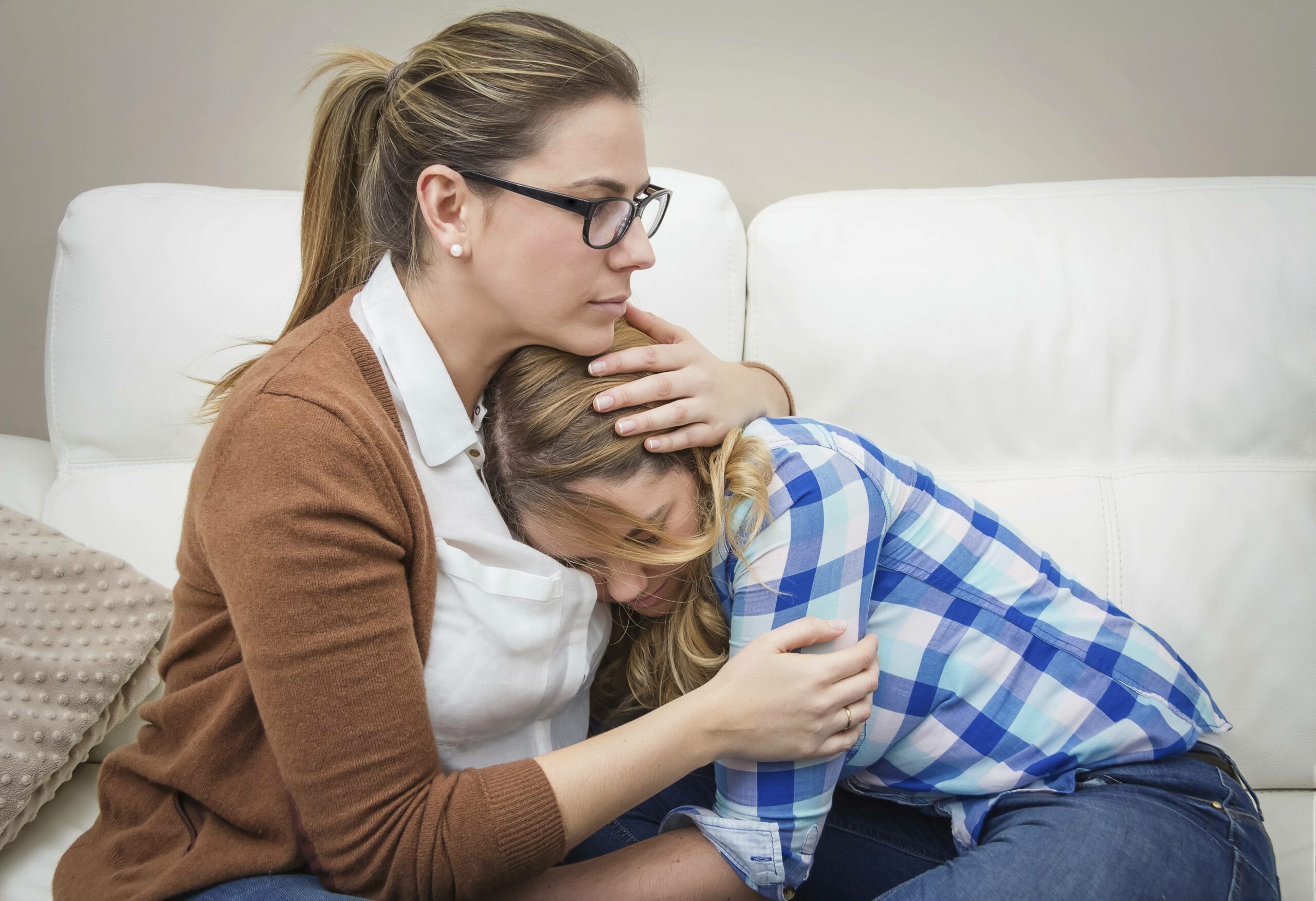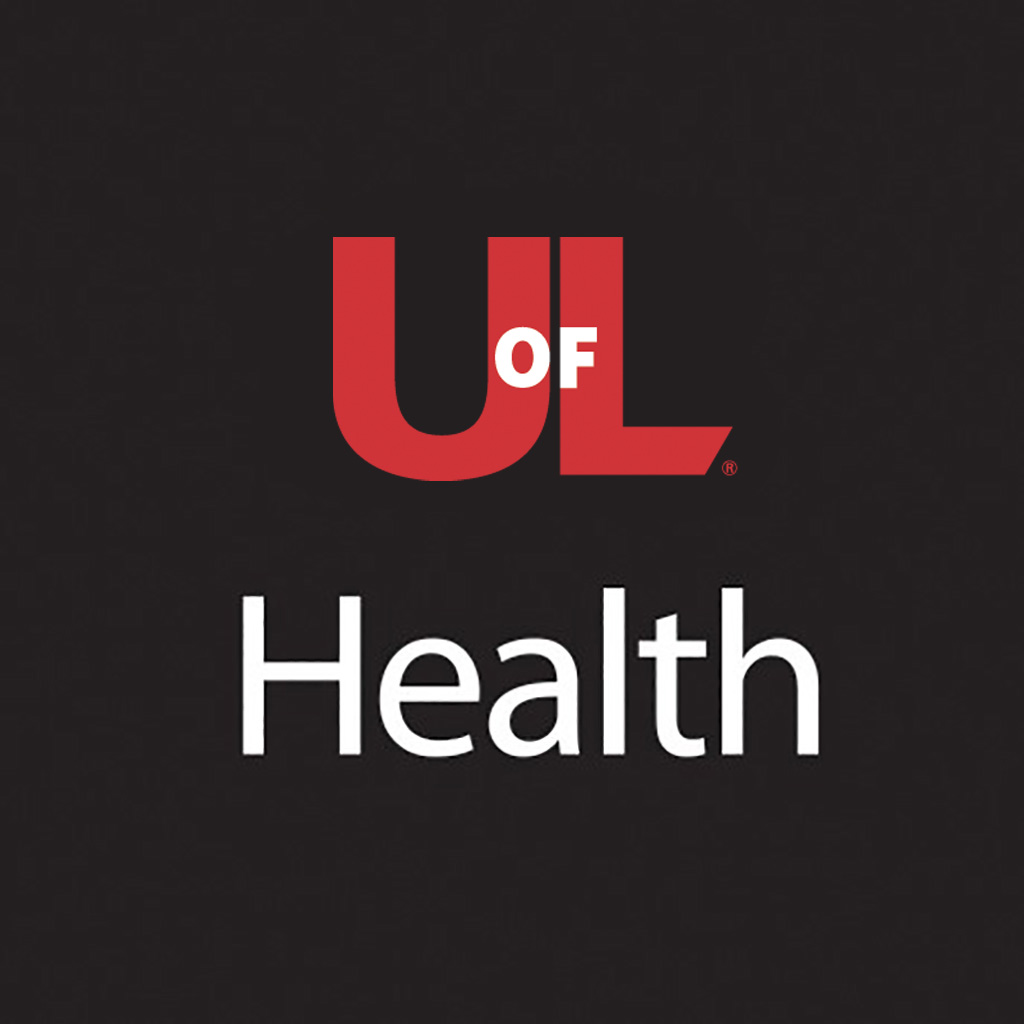
Depression is recognized as the most common type of mood disorder today. It is estimated that 17 percent of the U.S. population (between 5-12 percent of men and 10-20 percent of women) will suffer from a major depressive episode at least once in their lifetime. Over time, untreated depression can lead to significant impairment, other health-related issues and even suicide, and is among the leading causes of disability in persons 15 years or older. It affects individuals, families, businesses and society. It is common in primary care patients. It is a condition that has been increasingly recognized among youth, particularly adolescents. In 2012, an estimated 2.2 million adolescents aged 12 to 17 in the U.S. had at least one major depressive episode in the past year. Adolescent-onset of depression is associated with an increased risk of death by suicide, suicide attempts, and recurrence of major depression by young adulthood.
Depression is also associated with early pregnancy, decreased school performance, and impaired work, social, and family functioning during young adulthood. One in five adolescents may have a history of depression by age 18. The increase in the onset of depression occurs around puberty and ranks among the most commonly reported mental health problems in adolescent girls.
Healthy People 2020 and The United States Preventive Services Task Force (USPSTF) recommend annual screening for mental health problems as a part of primary care for both children and adults for depression when systems are in place to ensure accurate diagnosis, psychotherapy and follow-up.
Signs and symptoms of depression include:
- Feeling sad or down
- Little interest or pleasure in doing things
- Negative thoughts about yourself or guilt feelings
- Withdrawal from friends and activities
- Significant tiredness, low energy or problems sleeping
- Insomnia or sleeping too much
- Poor appetite or overeating
- Reduced ability to concentrate
- Suicidal thinking
Sometimes symptoms of a mental health disorder appear as physical problems, such as stomach pain, back pain, headache or other unexplained aches and pains.
The difference between teenage and adult depression:
Signs and symptoms of depression in adolescents include:
|
Depression in teens can look very different from depression in adults. The following symptoms of depression are more common in teenagers than in their adult counterparts:
- Irritable or angry mood – As noted above, irritability, rather than sadness, is often the predominant mood in depressed teens. A depressed teenager may be grumpy, hostile, easily frustrated or prone to angry outbursts.
- Unexplained aches and pains – Depressed teens frequently complain about physical ailments such as headaches or stomachaches. If a thorough physical exam does not reveal a medical cause, these aches and pains may indicate depression.
- Extreme sensitivity to criticism – Depressed teens are plagued by feelings of worthlessness, making them extremely vulnerable to criticism, rejection, and failure. This is a particular problem for “over-achievers.”
- Withdrawing from some, but not all people – While adults tend to isolate themselves when depressed, teenagers usually keep up at least some friendships. However, teens with depression may socialize less than before, pull away from their parents or start hanging out with a different crowd.
Treating depression
If you or your child has any signs or symptoms of a depression or mental illness, see your primary care provider or mental health specialist. Most mental illnesses do not improve on their own, and if untreated, a mental illness may get worse over time and cause serious problems. If you do not have any signs or symptoms of depression or mental illness, remind your provider to complete an annual clinical depression screening.
If you have suicidal thoughts
Suicidal thoughts and behavior are common with some mental illnesses. If you or someone you know is thinking about hurting yourself or attempt suicide, get help right away:
- Call 911
- Go to your nearest hospital or emergency room
- Call a suicide hotline: National Suicide Prevention Lifeline (800) 273-8255
Need a physician?
If you need a physician, please call (502) 588-6000 or click here. Depression is an illness. Treatment at the UofL Depression Center begins with a comprehensive evaluation by a specialist in mood disorders. To learn more about the UofL Depression Center or to make an appointment, call (502) 588-4450.









